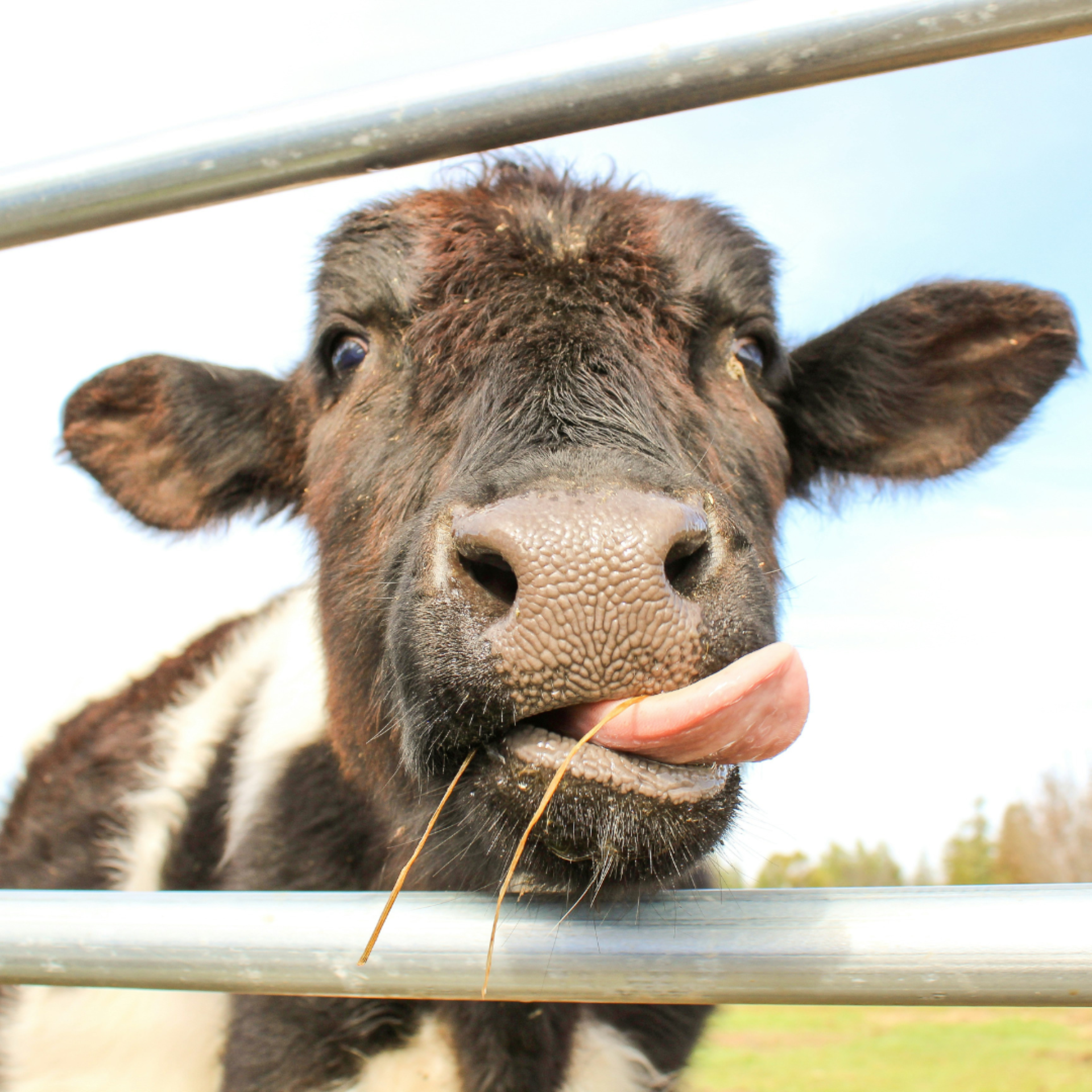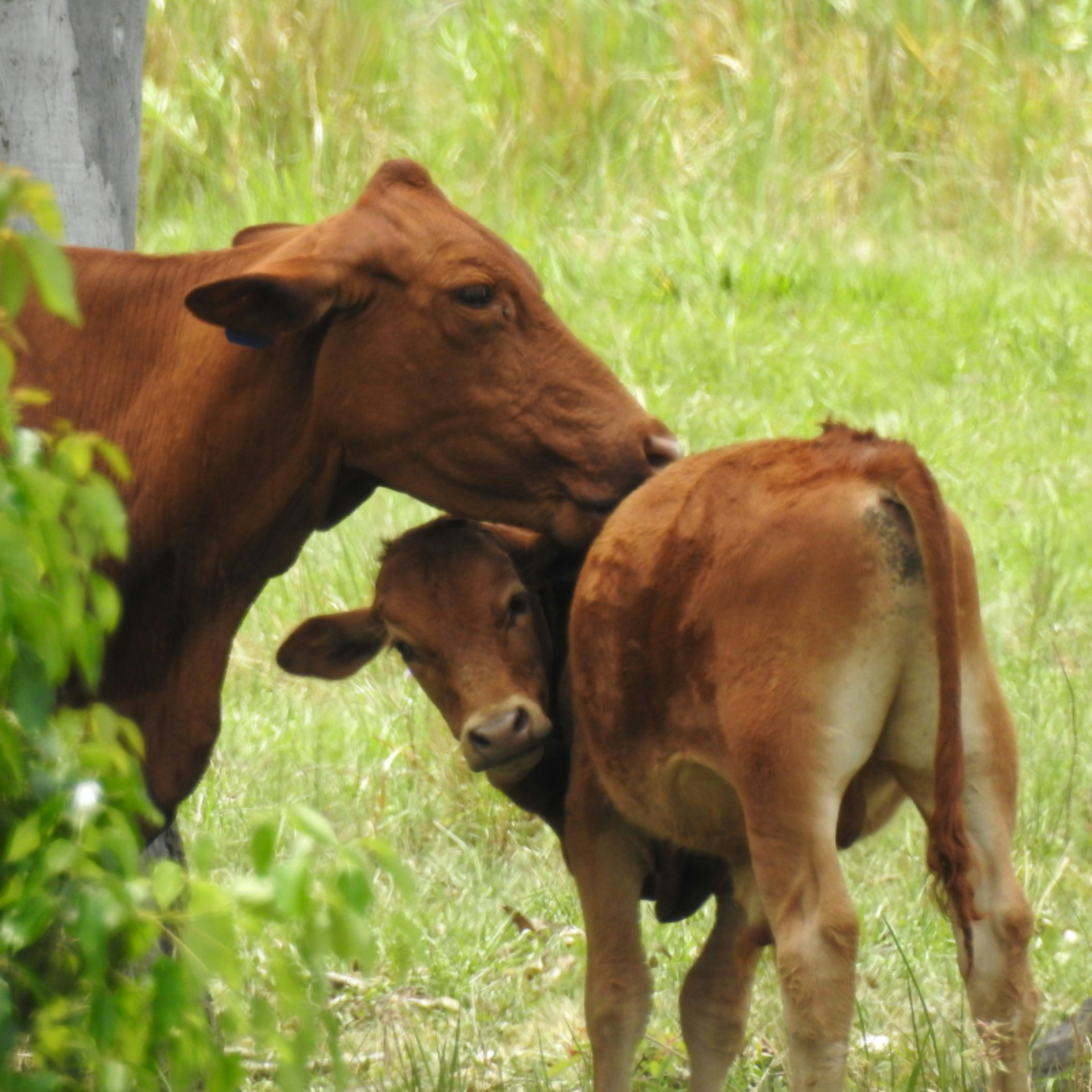Cattle are More Emotional Than You Think | Cattle Behavior 101
Understanding the Emotions and Behavior of Cattle
Go Back to All BlogsPosted on: June 17, 2017
Updated on: October 21, 2025
Author: Arrowquip
SHARE:
Those of us in the ranching profession clearly spend a lot of time around cows, but how much do we really know about them? You may be surprised to learn that cows are complex, intelligent creatures with more in common with us than we realize. Here are just a few of the ways cattle are like humans:
Cattle have unique personalities. They can be shy or outgoing, aggressive or passive, or anywhere else on the personality spectrum. Some are risk-averse, while others are highly curious and love to investigate new things. Just like humans, cattle are strongly affected by external factors, and they can get angry or anxious in unfamiliar situations.

Cattle are highly emotional and are motivated by clear rewards. They have well-developed cognitive abilities and demonstrate excitement when solving a particularly difficult problem. Like humans, cattle are also social animals and can get depressed when isolated from others, stuck indoors for extended periods of time or otherwise denied stimulating activity.
Cattle have advanced communication systems. Researchers in Britain found that cows communicate with one another in a highly individualized manner, with a complex "language" consisting of several distinct calls and even unique "names" for one another. This is also how cows communicate with their calves when they stray too far or get into trouble.
Herds of cattle are complex societies with clearly established hierarchies. Cattle can differentiate between around 100 other individuals in a herd. Animals that display aggressive or bullying traits are ostracized, whereas leaders tend to be selected for their intelligence and capability (arguably, the similarities between humans and cattle end here).
Within a larger group, cattle have complex social interactions and are capable of forming close relationships with others. Like humans, they tend to spend most of their time with a small, select group of "friends" and have been known to hold grudges against other animals.
Cattle families stick together. Contrary to popular belief, cattle do not sleep standing up. Rather, they will naturally stay close to their relatives when bedding down, with sleeping arrangements determined by hierarchy within the family unit.

Cows have strong maternal instincts. Emotional bonds between a mother and calf form quickly. Research has shown that calves are strongly impacted by early separation from their mothers, becoming more prone to crying, experiencing weaning difficulties, and generally being more anxious. This bond goes both ways, too. There's evidence to suggest that cows will travel miles to find their calves when lost.
Cattle feel the loss of a close friend or family member strongly. Cows in mourning have been known to shed tears for their missing loved ones.
Similar to humans, cattle experience negative judgment bias. When a cow or steer is depressed or anxious, they are more likely to interpret ambiguous signs and situations as negative or threatening. This condition is frequently brought on by prolonged exposure to stressful, unpredictable environments.
Given the number of similarities between humans and cattle, it's worth investing in equipment that works with their natural instincts and will make their lives comfortable and stress-free. To learn about how Arrowquip cattle handling systems create healthier, happier animals. Contact us to connect with a Livestock Expert today.